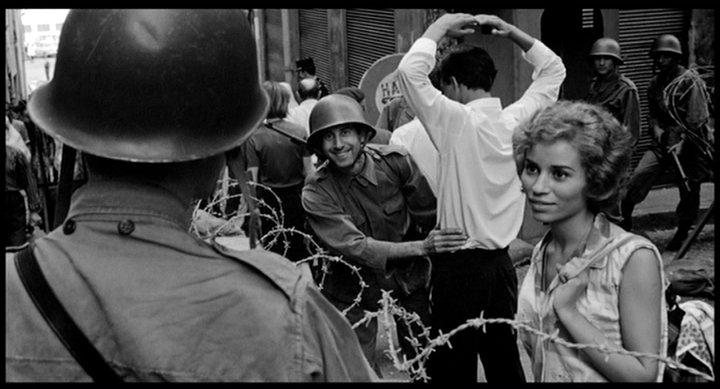As our documentary segment has finally come to a close I have been thinking recently about what aspects actually make a documentary “successful” and whether or not the story and topics covered in a documentary are the true reason they succeed. So, I decided to research the top documentaries on Rotten Tomatoes and other sites, which actually proved to be an eye opener. I was expecting to find political and social issues at the top of this list, but quite the contrary I discovered that the range of topics tackled in each of the top 50 documentaries varied greatly. For example, the number documentary I found was Man on Wire, which follows the story of Philippe Petit, the man who crossed the twin towers on a tight rope. So, after I looked at a few more of these most critically praised documentaries and their reviews I began to realize that it is not the actual topic discussed in the film that makes them so compelling but rather the way in which they are filmed and mapped out, much the same as any other film genre. It kind of made me realize that documentary film making relies just as much on camera work, editing, and musical scores, as it does the actual story that is portrayed. So, with this in mind, I began to think, are documentaries actually made to solely be informative or do they exist as just another form of cinematic entertainment. In many ways I would guess both, but the question is really interesting because usually we assume that documentaries exist as a way to inform us about an issue rather than entertain us, but in reality entertainment is their main goal; As if a documentary is not entertaining, an audience will not watch it long enough to understand its message. With that said, I thought it might be cool to show a trailer of a recently released documentary that I saw a preview for in theaters, and how the way in which the trailer is shot and edited was the main thing that drew me to watching it rather than the issue that it surrounds.
